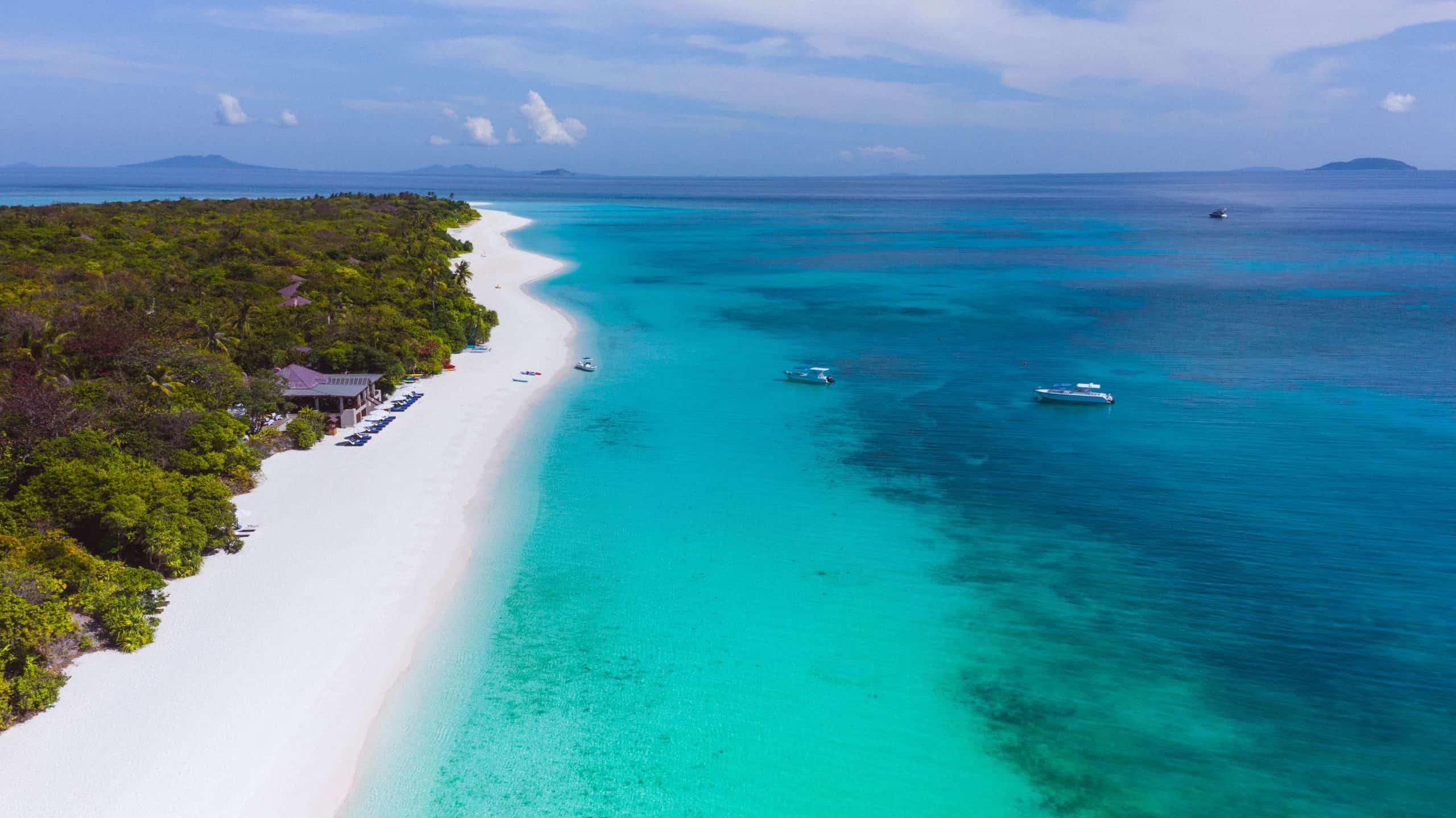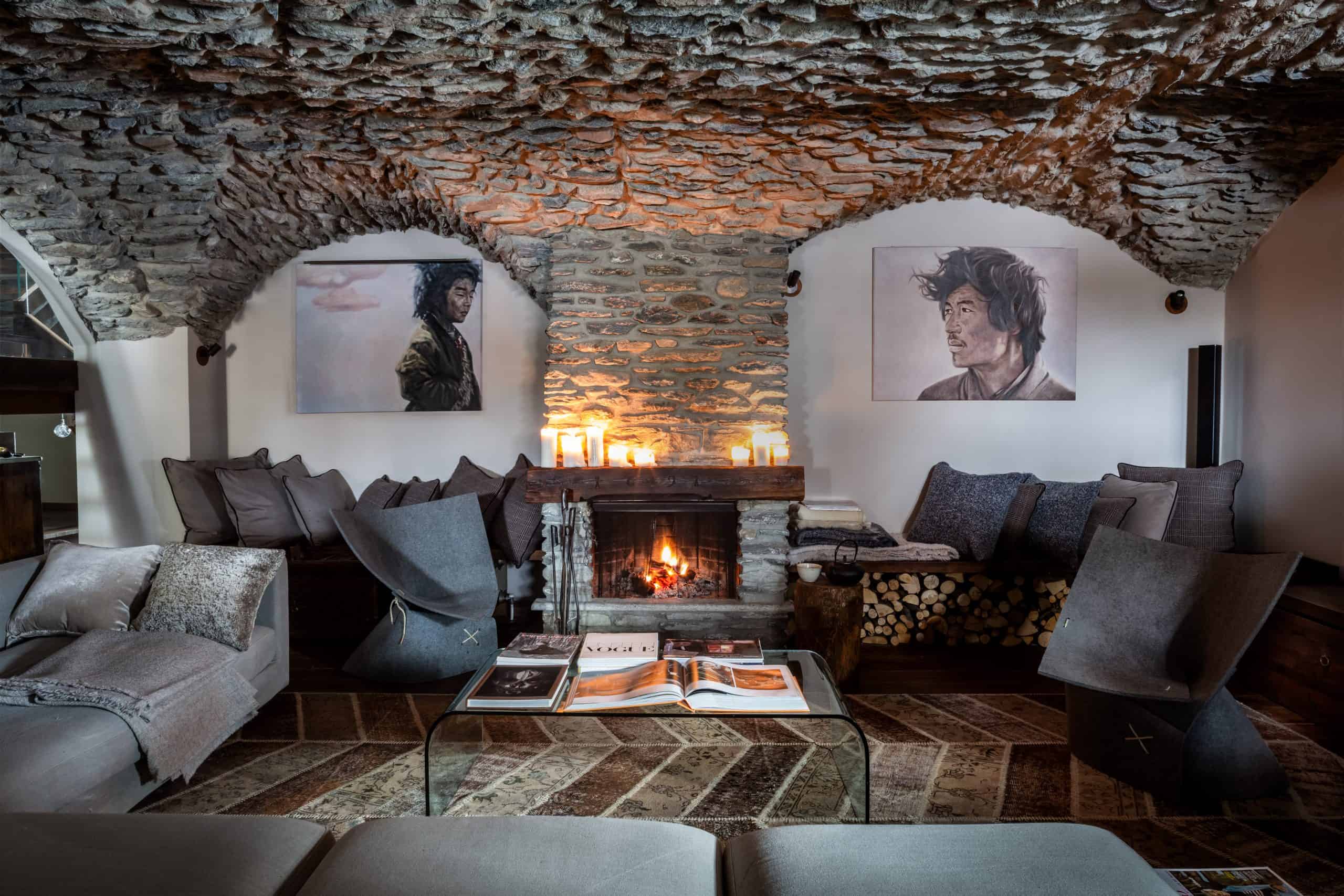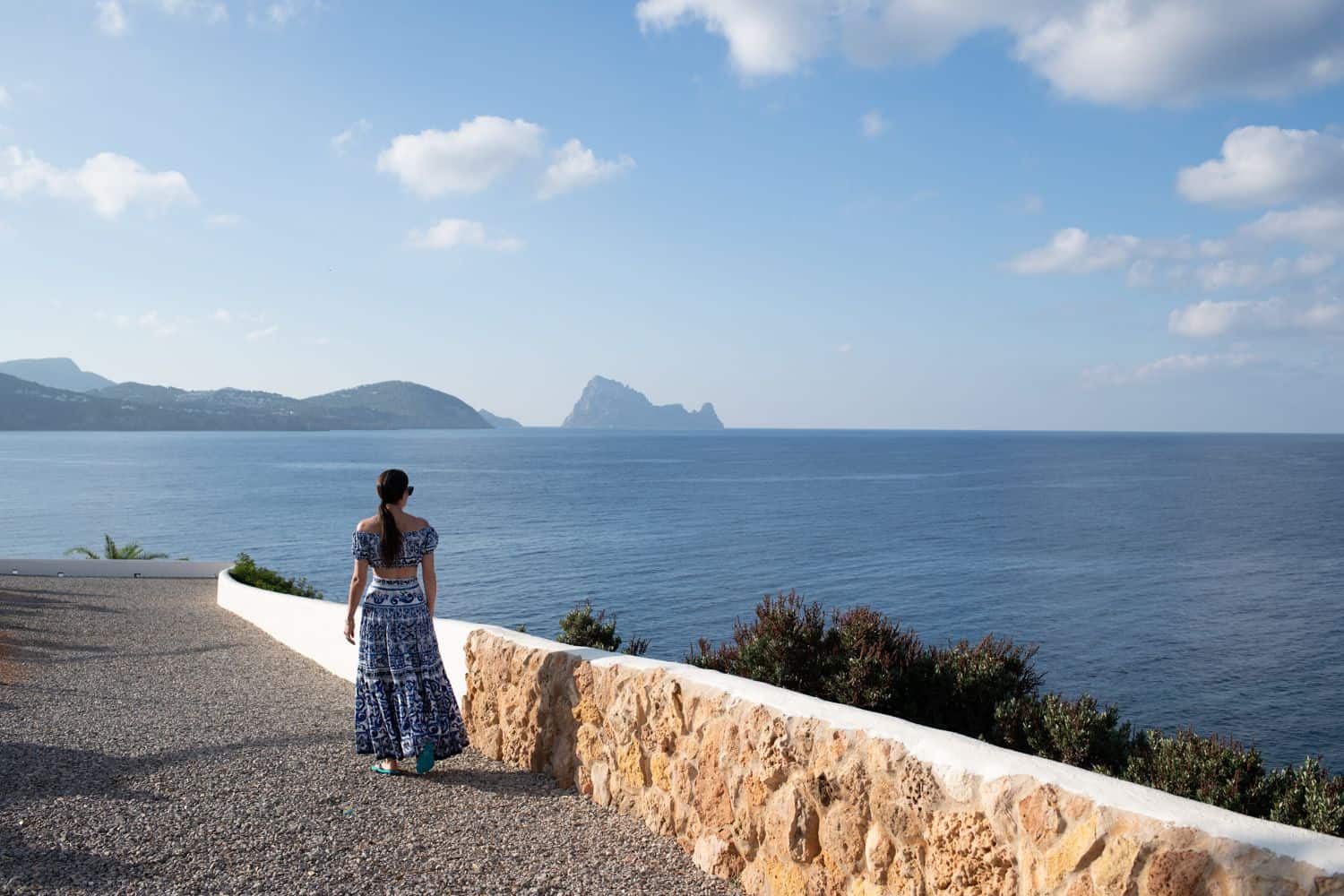The wellness tourism industry is rapidly expanding: worth US$639 billion dollars according to the latest wellness economy report, it’s expected to be worth US$919 billion by 2022. Looking towards the future, the Global Wellness Summit explored Wellness Tourism 2.0 with a panel of industry experts offering insights on customer outreach, sustainability, wellness washing and wellness travel of the future.
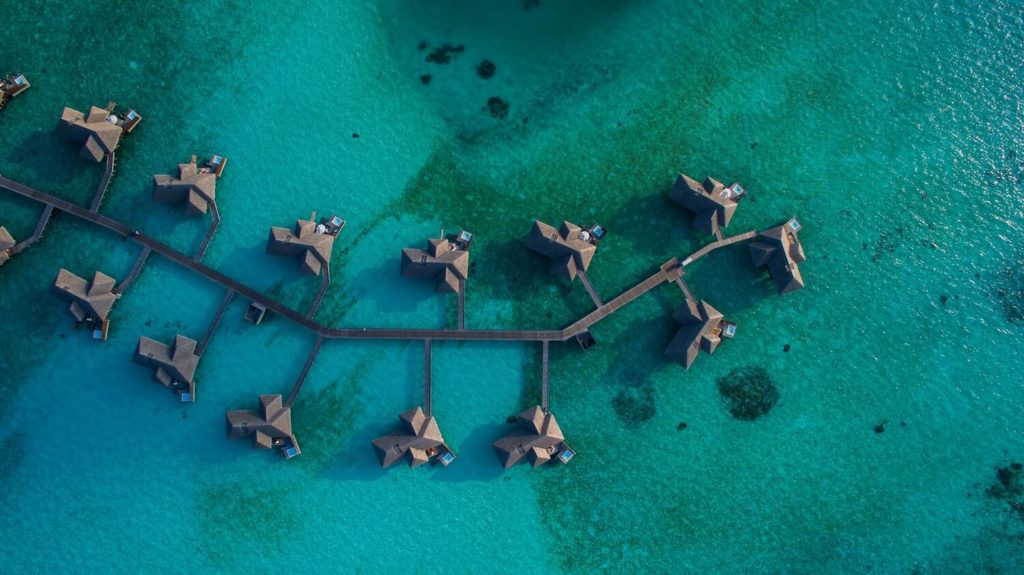
Customer-Focused
“It’s important to stay focused on the customers,” said Katherine Droga, founder of the Wellness Tourism Summit. She pointed to findings in the latest Global Wellness Travel Survey 2019 of the Wellness Tourism Summit, which highlighted that 33% of customers ranked eco-friendly and sustainable activities as a priority, and 20% said they sought retreat recommendations from wellness experts at their gym, doctor, or other health professional they trust.”
On the topic of helping customers find the wellness experiences they’re seeking, founder of Compare Retreats Dervla Louli said: “At Compare Retreats we’ve always been about empowering consumers and providing in depth information and a curated edit to remove the paradox of choice when it comes to selecting a perfect wellness retreat. We find that the more niche a wellness retreat is, the easier it is to sell—clients often don’t want general relaxation but instead are searching for very specific ailments to relieve.”
Sustainability
On sustainability, Manisha Panwar—the Principal Secretary of Industries Department for Micro Small & Medium Enterprises (MSME)—discussed how tourism in the northern Indian state of Uttarakhand is trying to pivot towards wellness tourism: “We are trying to connect the communities to wellness tourism.” While the spirituality of towns like Rishikesh and the Ganges River already encourages around 30 million religious tourists annually, the government are trying to showcase how natural location in the foothills of the Himalayas makes the area ripe for outdoor adventure trips and hiking holidays.
Sustainability has been a key issue in the wellness tourism industry over the last year and will continue to be prominent as it filters into and influences multiple trends in wellness travel for 2020. Louli noted that in Compare Retreats’ Wellness Travel Reader Survey in 2018, nine out of 10 people would select a retreat based on it’s plastic policy. Going into the future, Louli suggested how to alter the ecosystem of unsusitability in wellness hospitality: “We use the statistics and data we have from our survey to help our retreat partners towards sustainability. If they do have plastic in the resort, we ask for them to remove it specifically for our client. That opens up a dialogue about how we can approach this plastic problem in the longterm, for all customers.”
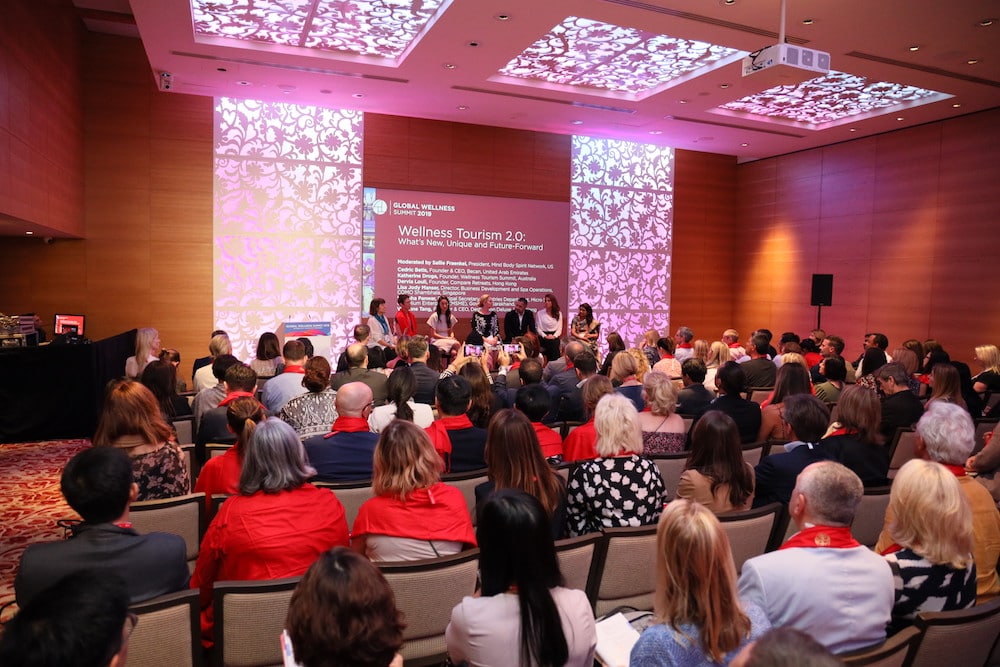
Wellness Washing
As the wellness industry grows, there’s been backlash to the movement, particularly in regards to ‘wellness washing’. Moderator Sallie Fraenkel, President of the Mind Body Spirit Network, asked panellists how wellness tourism could navigate this issue going forward. “That’s where the role of the government comes in. They need to ensure adherence to standards,” said Panwar.
Cedric Betis, founder and CEO of Becan and the wellbeing advisor at the Dubai Future Foundation, went further: “Wellness is still very fluffy. We’re still debating what it’s all about, and the same goes for a wellness retreat. It’s very personal to everyone. For the government, it’s about tackling high-level chronic disease. It’s more pragamatic: it’s not something we do for one or two weeks, but something we adopt all year long.”
The issue of wellness washing is where the expertise recommendations become vitally important. Referring to the statistics mentioned earlier in the conversation from the Global Wellness Travel Survey 2019, Louli noted how Compare Retreats addresses wellness washing: “It’s why we place emphasis on in-depth reveiews. We’re one of the only platform that insists every property we work with is vetted by a certified health and fitness professional.”
From her experiences as Director of Business Development and Spa Operations for COMO Urban Escape in Singapore, Lisa Manser noted: “Wellness has become very commercialised. We want to inspire people to live a healthy lifestyle. It’s simple: you eat well, you move well, you think well.”
What’s Next?
Wellness tourism is evolving to encompass for more than yoga retreats and fitness bootcamps, and the panellists noted the changes they had seen in their respective industries.
“People are looking for wellness travel experiences that shift and change them,” said Droga, highlighting the trend of transformational travel. Vivienne Tang, founder of Destination Deluxe, observed similar trends, adding: “I’m most interested in the holistic side of things. Spiritual retreats are definitely on the rise.”
Louli noted that there would always be a demand for ‘boxed retreats’ like detox or fitness, but that more people were interested in longer, more adventurous wellness retreats. “For 2020, we’re looking at packages in partnership with expert tour operators who can help craft experiences that encompass multiple things in one trip—maybe a family holiday, which also has a digital detox elements, and opportunities to engage with animal conservation, all in one.”
Get the latest information and updates on the Global Wellness Summit 2019 live from Singapore on Instagram @compareretreats

